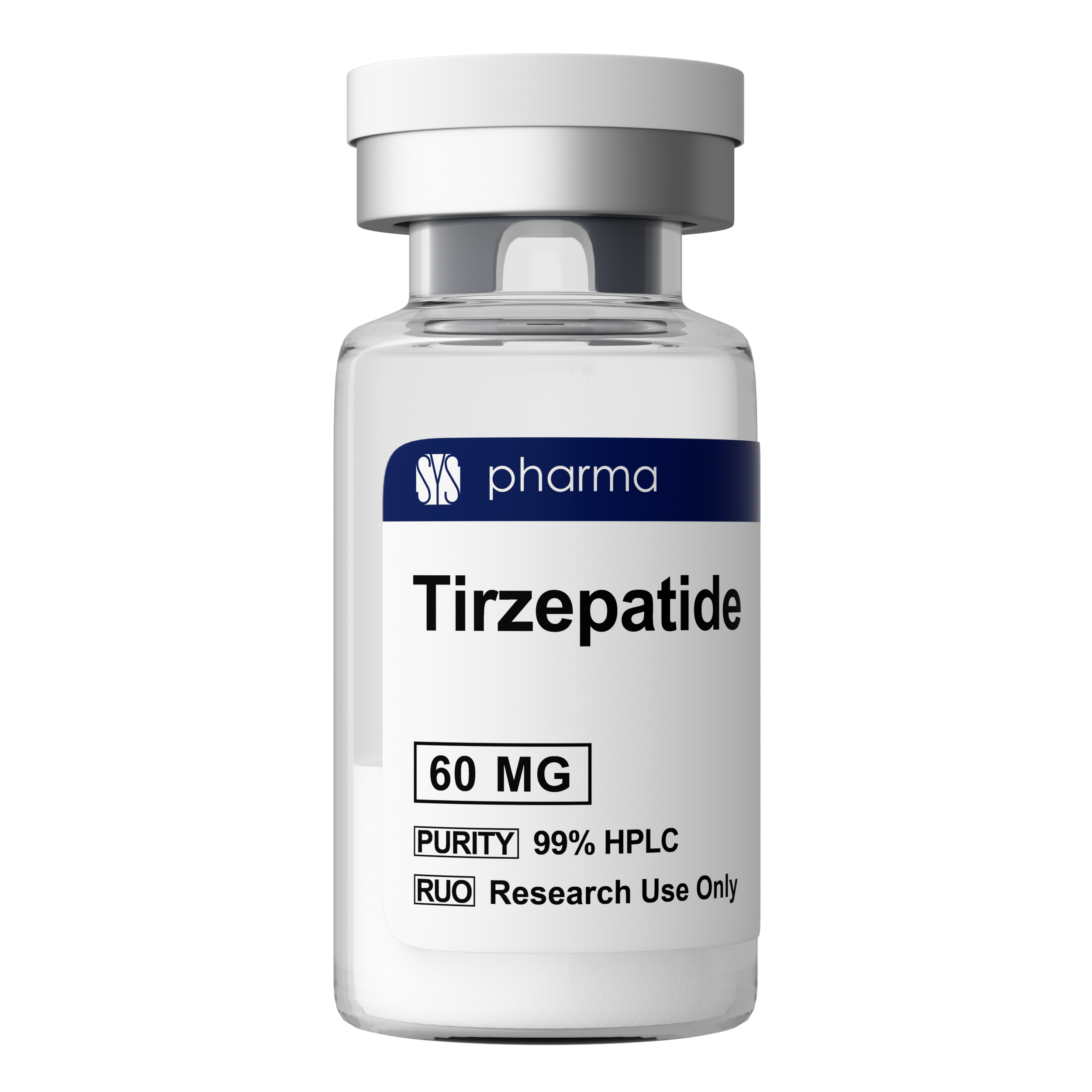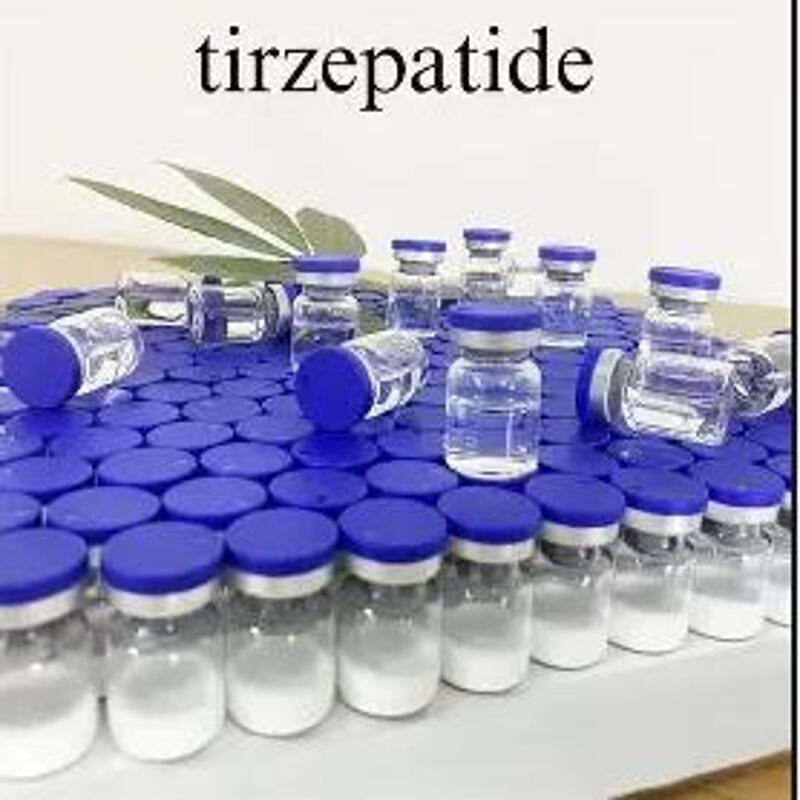The study found that some special drugs may also have great potential in the treatment of gastric cancer
-
Last Update: 2019-04-03
-
Source: Internet
-
Author: User
Search more information of high quality chemicals, good prices and reliable suppliers, visit
www.echemi.com
Recently, scientists from Vanderbilt University Medical Center have found that as a chemotherapeutic agent to treat multiple types of drugs (http://www.chemdrug.com/), it may also have great potential in the treatment of gastric cancer The researchers found that in addition to blocking the growth of cancer cells, DFMO (difluoromethylornithine) can also directly reduce the virulence of H pylori, which is the main cause of gastric cancer The relevant research is published in the research report in the international journal Proceedings of the National Academy of Sciences In order to further elucidate the mechanism of DFMO, researchers collected Helicobacter pylori from infected animals treated or untreated with DFMO and detected it in vitro (http://www.chemdrug.com/sell/76/) Methods, the researchers evaluated the activity of CagA protein, a major virulence factor of Helicobacter pylori, which can "inject" into gastric epithelial cells to promote the generation of carcinogenic signaling pathway According to researcher Sierra, bacteria from animals treated with DFMO reduce their ability to transport virulence factors into epithelial cells; whether they are tested in vitro or in vivo (http://www.chemdrug.com/sell/24/) In addition, DFMO therapy can induce mutation of cagy gene in Helicobacter pylori, which is a part of the translocation mechanism of CagA into cells The researchers also found that gastric cancer does not occur in animals infected with Helicobacter pylori containing cagy mutation The results of this study support DFMO therapy or other tools to reduce the virulence of bacteria, so as to achieve the effective prevention of gastric cancer DFMO can inhibit a variety of special enzyme pathways, in addition, it will produce some "off target" effects, that is, to promote the bacterial base affecting CagA translocation Because of mutation.
This article is an English version of an article which is originally in the Chinese language on echemi.com and is provided for information purposes only.
This website makes no representation or warranty of any kind, either expressed or implied, as to the accuracy, completeness ownership or reliability of
the article or any translations thereof. If you have any concerns or complaints relating to the article, please send an email, providing a detailed
description of the concern or complaint, to
service@echemi.com. A staff member will contact you within 5 working days. Once verified, infringing content
will be removed immediately.







